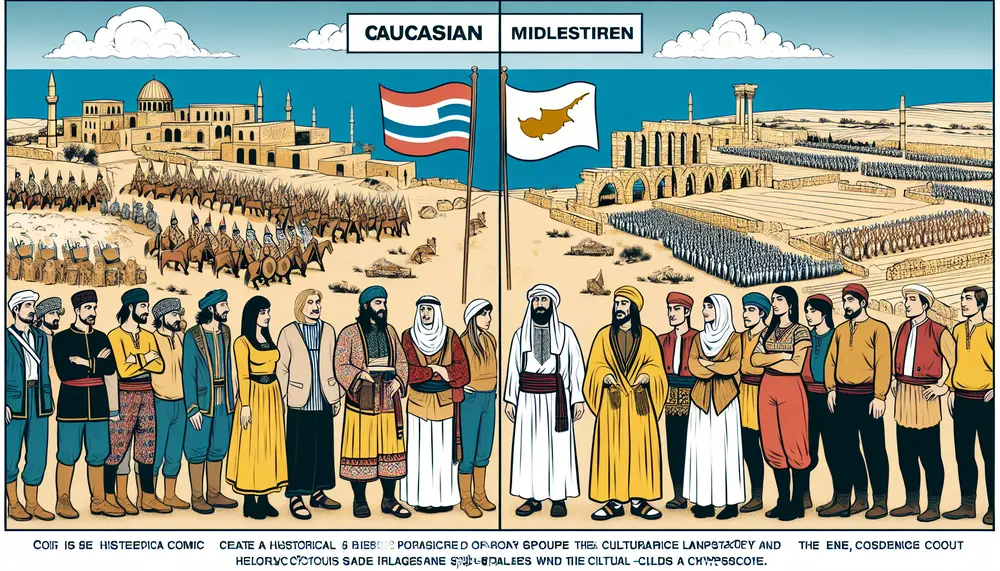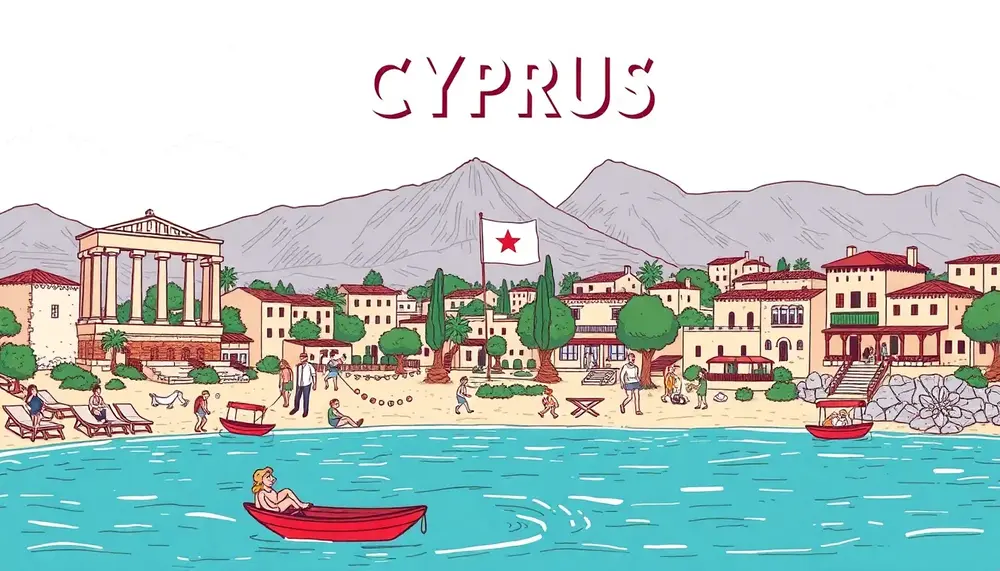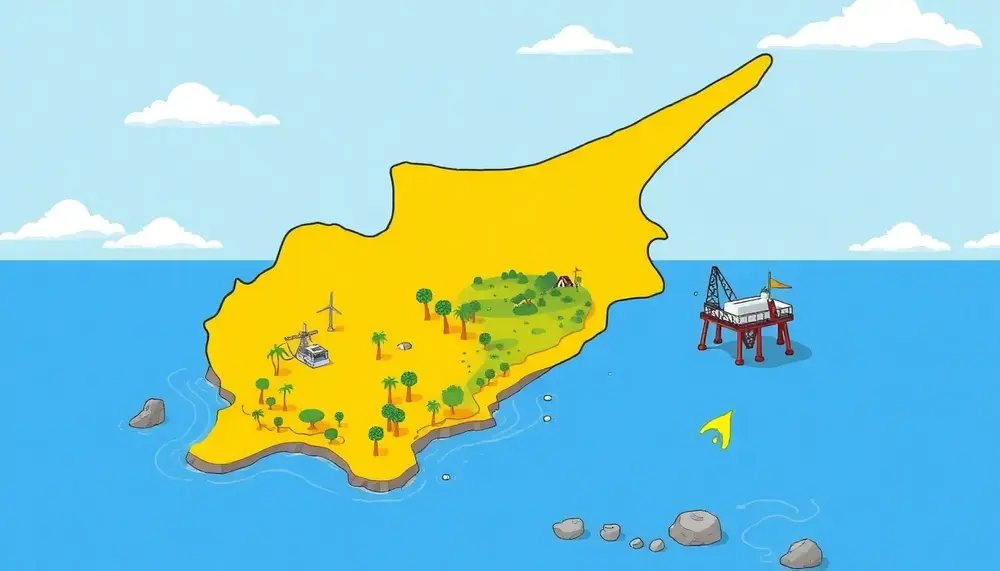International Relations
International Relations
International Relations in the Context of Cyprus
International Relations refer to the ways in which countries interact with each other. These interactions can include diplomacy, trade, and conflict resolution. In the context of Cyprus, international relations are particularly significant due to the island's strategic location and complex history.
Historical Background
Cyprus has a rich history that has influenced its international relations. The island has been ruled by various powers, including the Greeks, Romans, Byzantines, and Ottomans. In 1960, Cyprus gained independence from British rule, but tensions between Greek Cypriots and Turkish Cypriots have persisted.
Key Players
Several countries play a crucial role in Cyprus's international relations. Greece and Turkey are the most prominent, given their historical and cultural ties to the island. The United Kingdom also maintains a significant presence due to its former colonial rule and military bases on the island.
United Nations Involvement
The United Nations has been actively involved in Cyprus since the 1960s. The UN Peacekeeping Force in Cyprus (UNFICYP) was established in 1964 to prevent further conflict between the Greek and Turkish communities. The UN also facilitates ongoing negotiations aimed at reunifying the island.
European Union Membership
Cyprus joined the European Union in 2004, which has had a significant impact on its international relations. EU membership has provided Cyprus with economic benefits and a stronger platform for diplomatic engagement. However, the island remains divided, with the northern part only recognized by Turkey.
Current Issues
Today, international relations in Cyprus focus on several key issues. These include the ongoing division of the island, energy exploration in the Eastern Mediterranean, and regional security concerns. Cyprus continues to navigate these challenges through diplomacy and international cooperation.
Blog Posts with the term: International Relations

Cyprus, an island in the Eastern Mediterranean, has a complex history marked by division due to historical events and nationalist movements among Greek and Turkish Cypriots. The 1974 conflict escalated with a coup d'état followed by Turkey's military intervention, leading...

Cyprus's migration policy balances economic goals and humanitarian challenges, shaped by EU membership and regional dynamics, while adapting to evolving global trends....

The article explores the historical roots and key events that have shaped the ongoing cultural conflict between Greek Cypriots and Turkish Cypriots in Cyprus, highlighting significant periods of rule by different empires, the division caused by the 1974 coup and...

The Immigration Department North Cyprus manages entry and stay of foreign nationals, processes visas and residency permits, with specific requirements for different nationalities; understanding these is crucial for a smooth immigration process....

Cyprus offers a unique blend of career opportunities, vibrant culture, and Mediterranean lifestyle with growing industries like IT, finance, tourism, and renewable energy. Its strategic location, English-friendly job market, reasonable living costs, and excellent work-life balance make it an attractive...

The Cyprus Presidency involves significant responsibilities, including shaping national policies and international relations, with the President acting as a key diplomat and decision-maker in both domestic governance and global diplomacy....

The Cyprus Immigration Police are crucial in managing immigration, ensuring legal compliance and national security through specialized units like Border Control and Enforcement, while facing challenges such as resource demands and complex international relations....

The Cyprus University in Frankfurt, an extension of the European University Cyprus, offers innovative academic programs tailored to global and European job markets while fostering interdisciplinary research, industry partnerships, and a supportive environment for international students. Located in Frankfurt's dynamic...

Cyprus Youth Diplomacy is an initiative aimed at inspiring curiosity, educating young Cypriots on global issues, fostering connections, and empowering them through active participation in diplomacy....

The article explains how to correctly translate and use “Cyprus” (Zypern) in German for travel, research, politics, science, and everyday conversation....

The relationship between Cyprus and Turkey is shaped by a complex history of conflict, marked by the island's division in 1974 following a coup attempt for unification with Greece. This ongoing tension stems from historical grievances and nationalistic sentiments that...

Cyprus offers a rich tapestry of experiences, beautifully captured through inspiring quotes by Lawrence Durrell that reflect the island's beauty, solitude, and cultural depth. These words serve as perfect companions for travelers seeking to enhance their adventures in this captivating...

Cyprus has a rich history shaped by various civilizations, from ancient Mycenaean Greeks to Ottoman and British rule, leading to its current divided state. Its cultural heritage reflects this complex past through traditions in music, cuisine, and religious practices....

Cyprus's migration and return assistance program, funded by the EU with €8.38 million until 2026, aims to support voluntary returns of migrants through financial aid and counseling services. Meanwhile, Switzerland contributes CHF 10 million to enhance Cyprus's capacity for effective...
